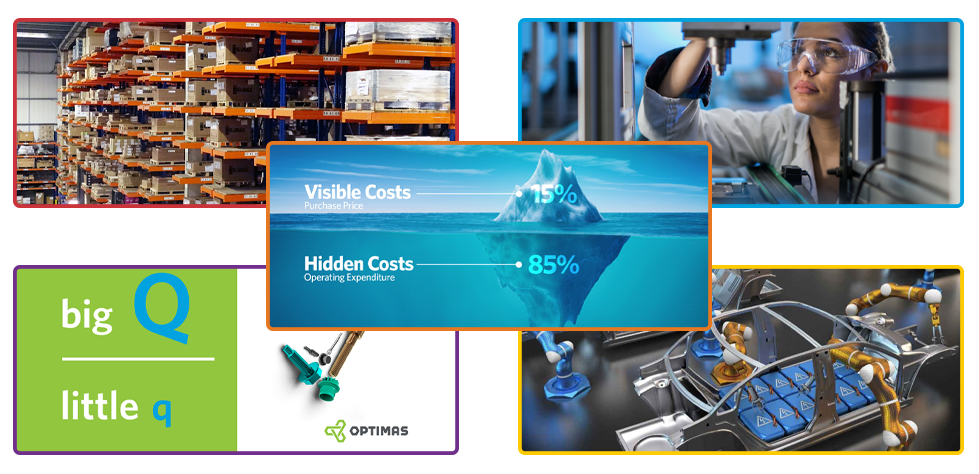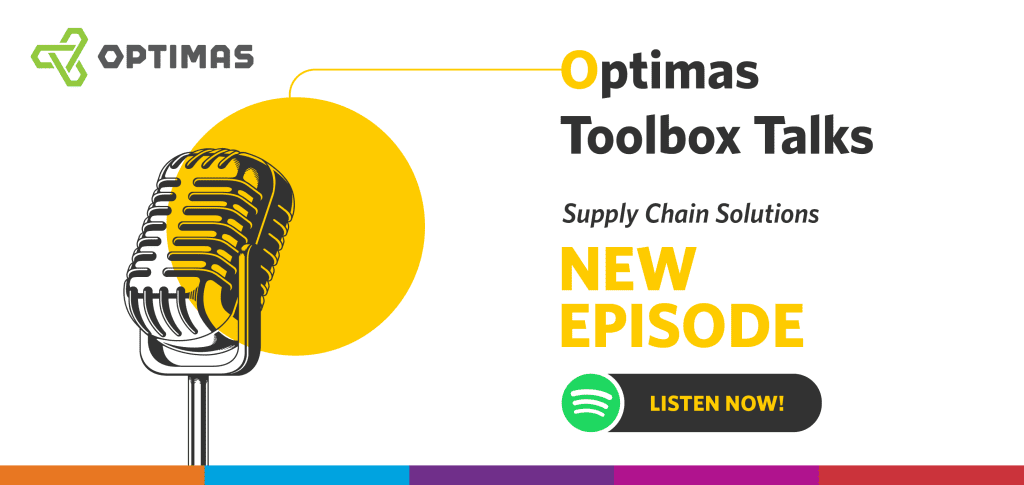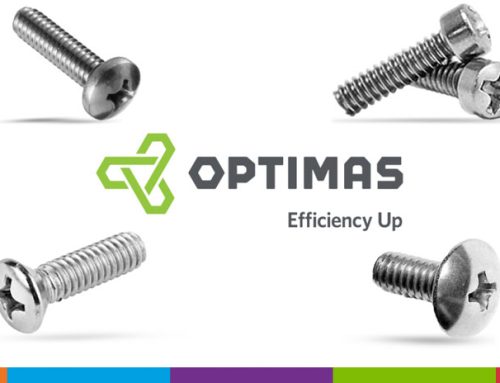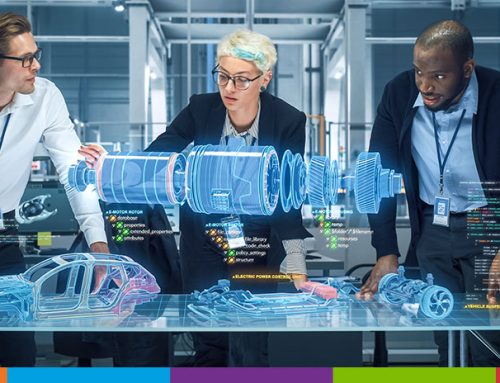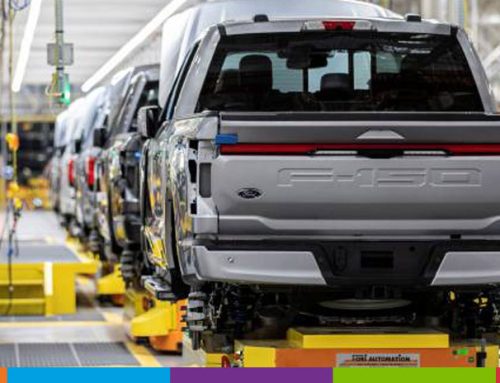
Streamline Your Supply of Quality Parts for Trucks & Trailers
Having a streamline supply of quality parts is a key ingredient to success for truck and trailer manufacturers. With Class 7 and 8 commercial vehicle production growing to 23.7 million units worldwide in 2023, the number of heavy goods trailers in daily use is prolific. Yet, with governments and environmental considerations influencing the reduction of CO2 emissions, trailer manufacturers are challenged to reimagine the design and production of their builds and to ensure they utilize quality parts.
As with many industries, trailer and truck manufacturers need to meet market demand in the face of exciting and new alternative fuel prospects and an ever-growing requirement for heavy goods vehicles (HGV) transportation. Geopolitical events continue to add risk to supply chains too. Therefore, maintaining a steady and reliable supply of quality parts is crucial for manufacturers looking to meet demand and boost their product output.

The Importance of Quality Parts for Your Trucks & Trailers
HGV trailers and trucks require thousands of standard and engineered fasteners. Manufacturers must prioritize quality fasteners in the initial design stage of a build to ensure the end product’s range, durability and safety are as efficient as possible.
Fasteners can make up less than 1% of the cost of a production build, but they can constitute more than 50% of a product’s build of materials (BOM). Plus, these quality parts may be small, but they can significantly impact on vehicle performance, affecting speed, fuel consumption, range and useful life.
The impact of quality parts on a build is particularly important for trailers. These parts are located in a trailer’s sub-frames, floor and storage compartments, vent openings, skin reinforcements, firewall assembly and load-weight systems. Some standard fasteners for HGV trailers can include:
- Wheel Nuts
- Stud Connectors
- Wheel Bolts
- Cable Ties
- Flange Bolts
- Bolt Washers
- Sealing Washers
- Lockbolts
- SEMs

Due to traveling long distances with heavy loads, often in extreme conditions, fasteners for trucks and trailers must be engineered with:
- High tensile and fatigue strength
- Anti-vibration characteristics
- Corrosion resistance to contaminants
- Minimal weight and space requirements
- Negligible maintenance needs
To satisfy this list of requirements, engineers must carefully consider the raw material of each quality part utilized. Fasteners for trucks and trailers are often made from steel, but electric or hydrogen powered tractors, alongside others powered by alternative fuels, may demand more engineered fasteners made of aluminum to prioritize lightweighting.
Maintaining a Streamlined Supply of Quality Parts for your Truck & Trailer Builds
While manufacturing truck and trailers with quality parts is key, purchasing and supply chain professionals must maintain a streamlined supply chain to get these parts to a production line.
Onshoring and nearshoring production, as evidenced by the number of manufacturers opening new plants nearer their customer base, continues to grow. It also lowers their carbon footprint, as these fasteners require minimal transportation.
With fastener distribution centers all over the globe and cold-form manufacturing facilities in the Us and UK and later this year in Mexico, Optimas has partnered with manufacturers for over 100 years, helping them meet demand by sourcing and making quality parts closer to home.
Alongside our offering of both standard and engineered fastening solutions, our OptiTech VMI solutions ensure customers replenish their inventory on time and have real-time visibility into on-hand and up-stream availability—with secure, cloud-based technology.
With manufacturing, distribution, quality and engineering all under one roof, get in touch with one of our experts today so we can help you streamline your HGV fastener supply chain and optimize your products with our quality parts.

